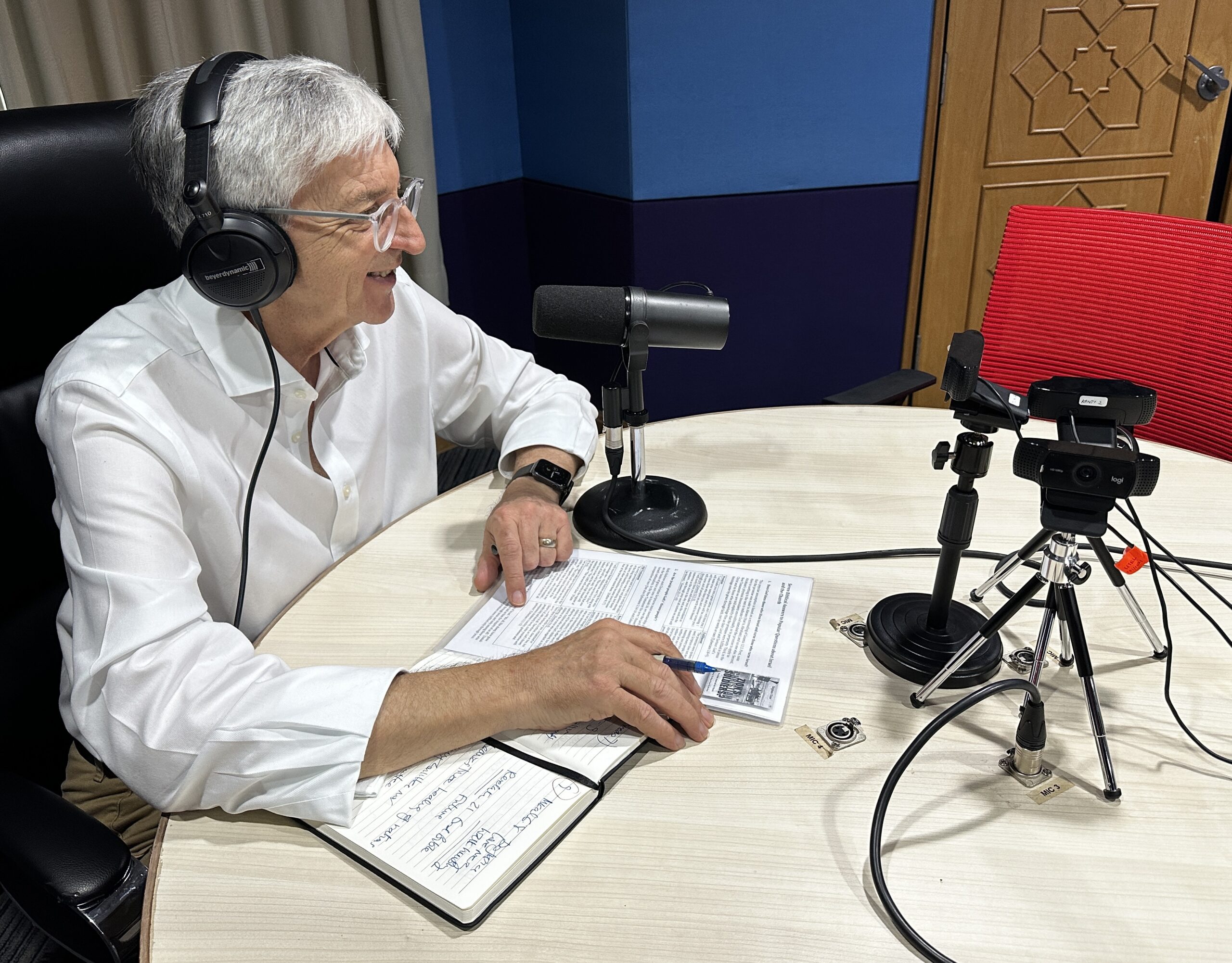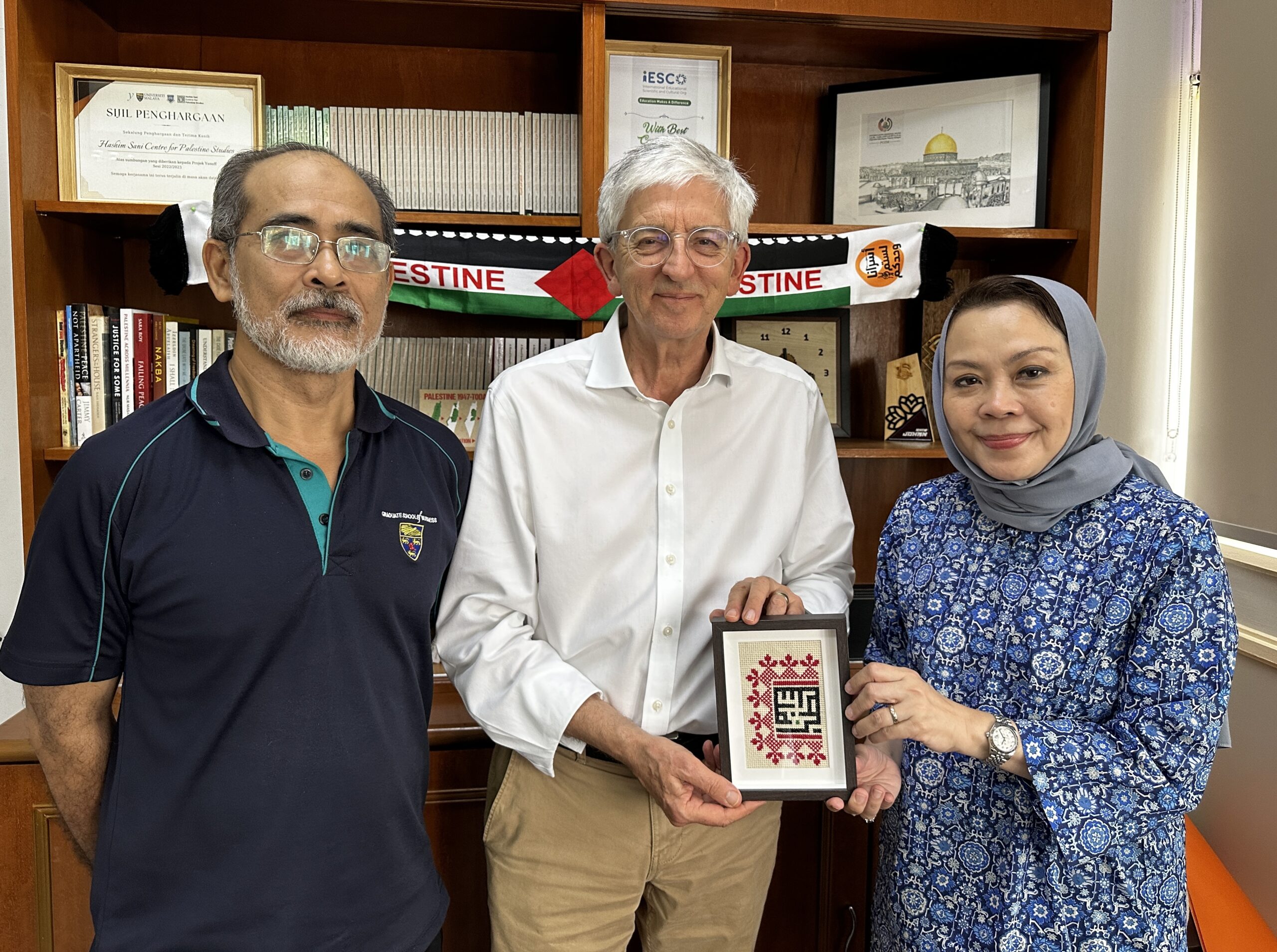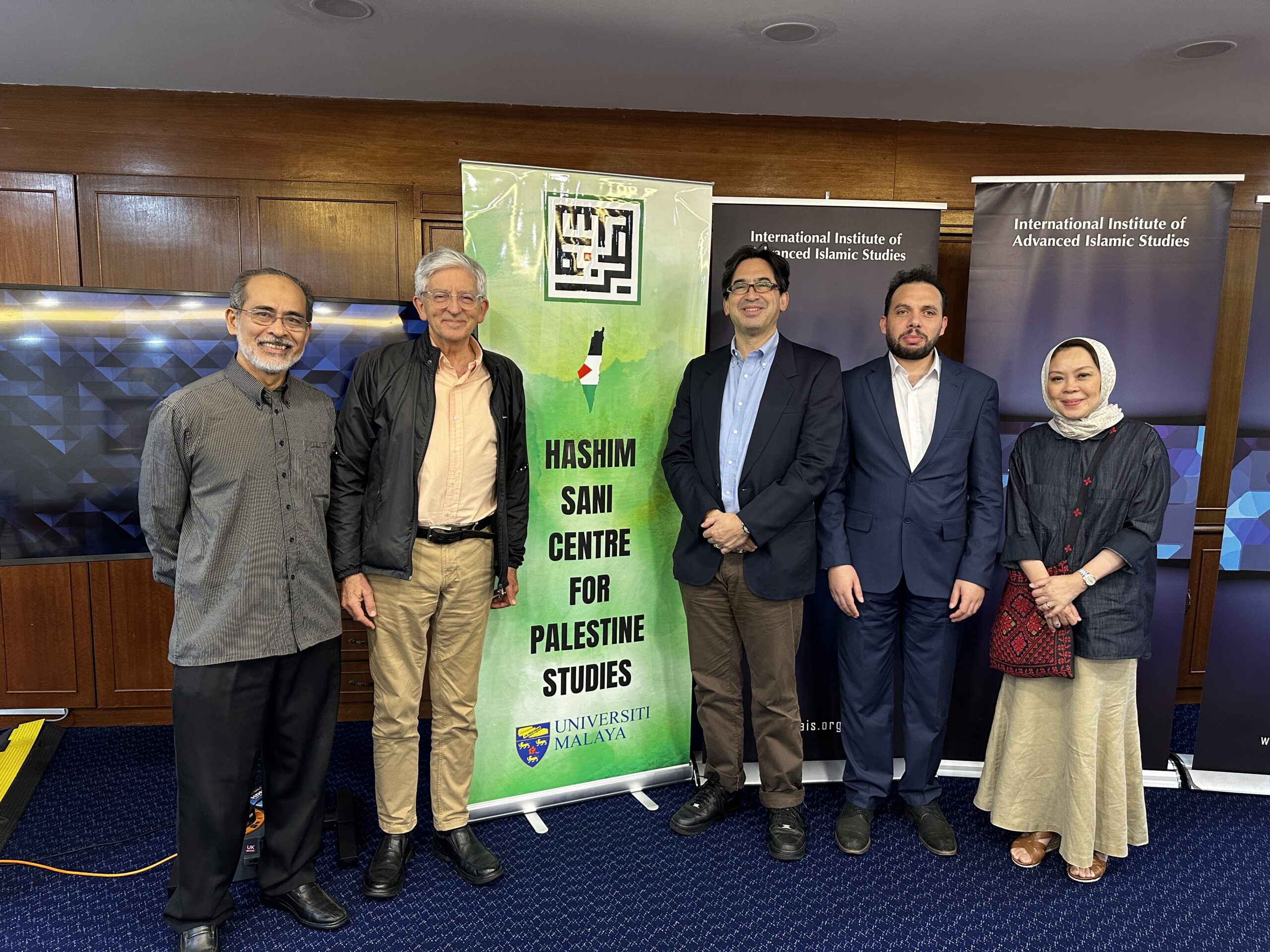
I am sure we would all agree that Al Qaida is no more representative of Islam than Zionism is of Judaism, or the Crusades are of Christianity. But the reality is, as we see in the close relationship between President Trump and Prime Minister Netanyahu, Christian Zionists are the dominant supporters of Israel’s genocidal agenda in Palestine.
Following the tragedy of 9/11 and the destruction of the World Trade Centre in New York, multi-bestselling author and Christian journalist Anne Coulter, wrote,
“We don’t need long investigations of the forensic evidence to determine with scientific accuracy the person or persons who ordered this specific attack. We don’t need an “international coalition.” We don’t need a study on “terrorism.” … We know who the homicidal maniacs are. They are the ones cheering and dancing right now. We should invade their countries, kill their leaders and convert them to Christianity. We weren’t punctilious about locating and punishing only Hitler and his top officers. We carpet-bombed German cities; we killed civilians. That’s war. And this is war.”[1]
More recently, at the July 19th, 2006, inaugural event for Christians United for Israel, in Washington DC, after recorded greetings from the then President, George W. Bush, and in the presence of four US Senators as well as the Israeli ambassador to the US, Pastor John Hagee, stated :
“The sleeping giant of Christian Zionism has awakened. If a line has to be drawn, draw the line around Christians and Jews. We are united. We are indivisible. And together we can reshape history… Iran is a clear and present danger to the United States of America and Israel… therefore it is time for America to embrace the words of Senator Joseph Lieberman and consider a military preemptive strike against Iran to prevent a nuclear holocaust in Israel and a nuclear attack in America.”[2]
Thankfully, most Christians in the US as well as Europe repudiate Christian Zionism as a gross distortion of Christianity and grave insult to the teachings of Jesus the Christ.
Continue reading







